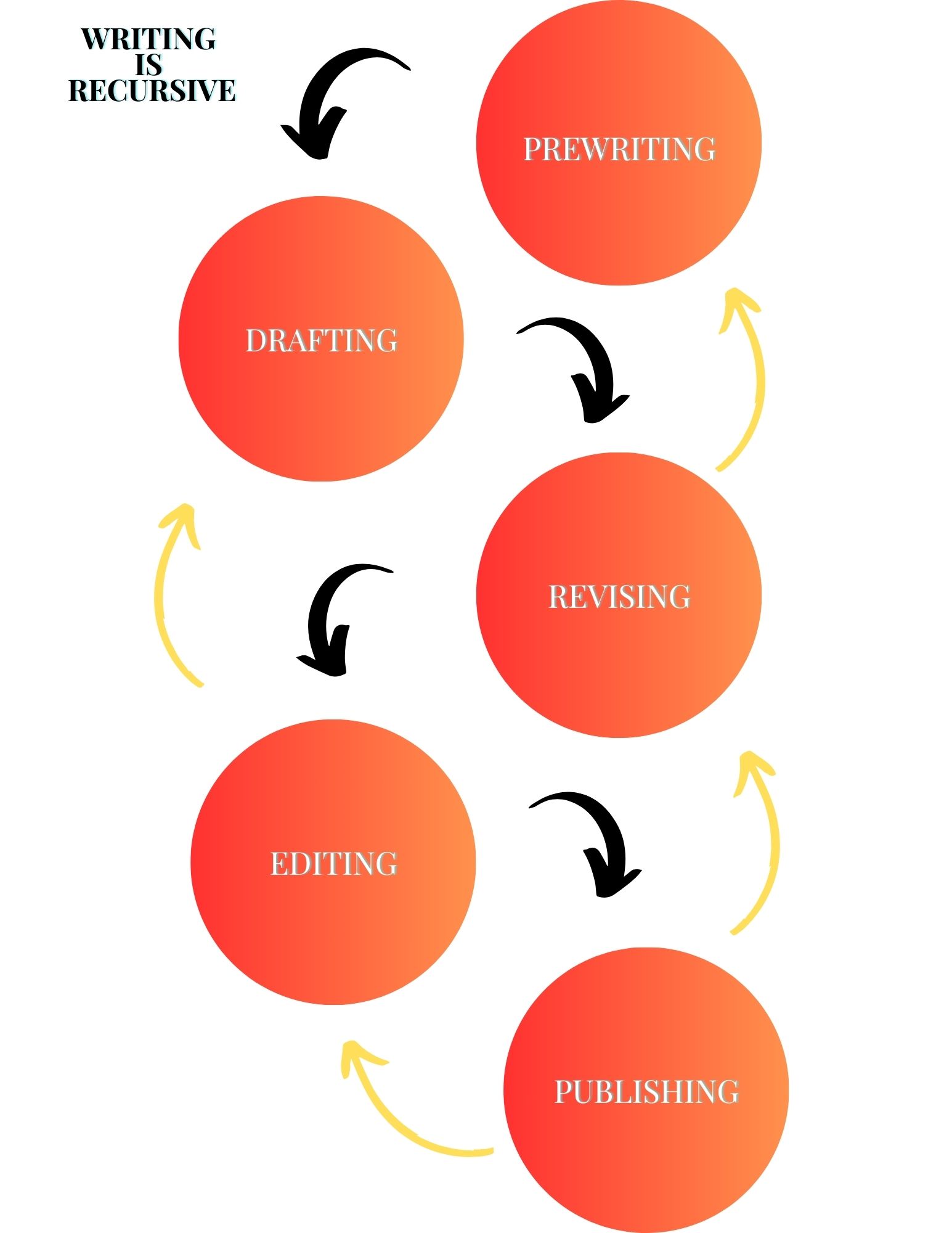“The dawn was come when I laid the Manuscript aside. The rain had almost ceased, the world was gray and sad, the exhausted storm was sighing and sobbing itself to rest.“
We have come to the end of our voyage with the Yankee from Connecticut, and we find ourselves three years later and on the precipice of war. Today, we close out the book, and it goes out with both a bang and a whimper.
CHAPTER XL. THREE YEARS LATER
To begin, Hank has fared well against the knights after his display of violence, and now–three years later–he has squashed all negative voices toward his character. After unveiling his secret operations (factories, schools, officer schools), he ventures to take hold of the kingdom. To make matters more concrete in regards to the knights and establishment, Hank tells the reader that he “renewed my challenge, engraved it on brass, posted it up where any priest could read it to them, and also kept it standing in the advertising columns of the paper” (Twain).
Moreover, all of the innovations put into place by Hank have flourished in the interceding three years. Schools were everywhere, people were writing books, slavery was dead, and taxation had been equalized (to name a few evolutions).
“I was very happy,” Hank states. “Things were working steadily toward a secretly longed-for point … The one was to overthrow the Catholic Church … and the other was to get a decree issued by and by, commanding that upon Arthur’s death unlimited suffrage should be introduced …”
As such, Hank is very near the finish line of his feudalistic overthrow, and he feels the victor.
Yet, Hank and Sandy’s daughter, Hello-Central, becomes ill and he, Sandy, and Lancelot nurse her back to health. Though, plans are made to take her to France to recover in the air, and they do just that.
CHAPTER XLI. THE INTERDICT
Afterward, Hello-Central falls ill again, and he nurses her back to health with the help of those doting around him, including his loving wife, Sandy. Even though his daughter is healthy again, Hank realizes there is something amiss: his ship from Camelot has not returned, so Hank (worried) begins a journey to discover the disappearance of the fleet.
His return to England enlightens him to a shocking discovery.
He states: “I approached England the next morning, with the wide highway of salt water all to myself. There were ships in the harbor, at Dover, but they were naked as to sails, and there was no sign of life about them” (Twain).
Nowhere, from London to Camelot l, stirs the sound of civilization, and this disturbs Hank greatly. “The vast castle loomed black upon the hilltop, not a spark visible about it … and it was sepulchral enough, in those huge vacant courts” (Twain). Hank might himself been in a graveyard.
CHAPTER XLII. WAR!
Next, Hank finds Clarence and learns of the horrible outcome of Camelot.
It turns out that Arthur discovered the infidelity of Guinevere and Lancelot after the stocks that Hank has put into place caused a rift amongst the knights. Two groups emerged and engaged in a civil war, one faction supporting Lancelot, and one that supported Arthur.
Following, Mordred attempted to marry Guenever to install himself as king, which didn’t work for Arthur, and so the remaining factions clashed and Mordred and Arthur killed each other.
As Clarence reported in his war correspondence: “And then King Arthur smote Sir Mordred under the shield, with a foin of his spear throughout the body more than a fathom. And when Sir Mordred felt that he had his death’s wound, he thrust himself, with the might that he had, up to the butt of King Arthur’s spear. And right so he smote his father Arthur with his sword holden in both his hands, on the side of the head, that the sword pierced the helmet and the brain-pan, and therewithal Sir Mordred fell stark dead to the earth. And the noble Arthur fell in a swoon to the earth, and there he swooned oft-times—” (Twain).
After the battle, the church worked quickly to make sure there was an interdict against Hank. The superstitious civilians working in Hank’s shops went the way of the church and left Hank’s allies few. However, Clarence gathered together a small group of followers who were willing to wage war against the church.
To get the church’s attention and engage them in war, Hank writes a proclamation that spells out his intention to turn the country into a republic.
The proclamation states: “A Republic is hereby proclaimed, as being the natural estate of a nation when other authority has ceased. It is the duty of the British people to meet together immediately, and by their votes elect representatives and deliver into their hands the government” (Twain).
Their plan set, Hank, Clarence, and their followers prepare for battle.
CHAPTER XLIII. THE BATTLE OF THE SAND-BELT
For battle preparations, Hank writes letters to his loved ones and reassures the young followers of their cause. He also plans to blow up his factories.
On the day of battle, the knights begin to gallop toward Hank at Merlin’s cave. Hank sets off mines and blows many of the knights to smithereens. Of the violence, Hank states that “the whole front of that host shot into the sky with a thunder-crash, and became a whirling tempest of rags and fragments; and along the ground lay a thick wall of smoke that hid what was left of the multitude from our sight” (Twain). Quickly after, Hank blows up his factories as well, so that they do not fall into the hands of the enemy.
At night, the knights attempt to sneak into the area and are caught in a truly awful trap. The trap features a series of electric fences with a killing-amount of voltage running through it; of course, the voltage carries right through their swords and plate mail.
He states of the occasion: “Land, what a sight! We were enclosed in three walls of dead men! All the other fences were pretty nearly filled with the living, who were stealthily working their way forward through the wires” (Twain).
After the knights are caught in a flood light, Hank realizes he has most of them at his disposal, and quickly dispatches them with a flood of water and Gatling gun fire. Hank says that “within ten short minutes after we had opened fire” all of the knights were useless to fight back and the “campaign was ended.”
CHAPTER XLIV. A POSTSCRIPT BY CLARENCE
In the final chapter (proper chapter), Clarence tells the reader that Hank became interested in examining the dead, when suddenly he is stabbed by a dying knight. While Hank recovers, the sneaky Merlin arrives in disguise and casts a spell on Hank with the intent of putting him to sleep for 1,300 years. Merlin, careless, laughs and absent-mindedly runs afoul of the live fence, which jolts him to death.
Of Merlin’s death, Clarence states: “Then such a delirium of silly laughter overtook him that he reeled about like a drunken man, and presently fetched up against one of our wires. His mouth is spread open yet; apparently he is still laughing. I suppose the face will retain that petrified laugh until the corpse turns to dust.”
Apparently, Hank is left within the cave to sleep while the remaining survivors attempt to escape, as the cave is a death trap riddled with decaying corpses.
Back in modern times, Twain attempts to visit The Stranger (Hank) from the first few chapters of the book, and finds Hank lying in bed and in his death throes. Holding his hand, Hank speaks of Sandy and Hello-Central and eventually dies in his sleep, leaving the validity of his story to be questioned.
Analysis
Certainly this is one of the most action-packed sections in the book. Hank takes it upon himself to go to war with the injustice he has seen time and time again in medieval society. We also find him using all of his modern wonders to aid him in his defense, and eventually his assault on the whole of chivalry.
Nevertheless, just like in the modern era, Hank’s reliance on his modern marvels ultimately betray him, as he becomes trapped in a violent catacomb of dead knights; and, with death looming, his choices are really only to die in the vapid decay of the dead or give up his impenetrable defense. Getting curious, and careless, Hank meets his doom at the hands of a wounded knight, which ultimately causes him to fall at the hands of Merlin.
Modern technology defeats chivalry in this section, but the society that Hank wanted to crush continues on without him, as if his story is true then everything turned out pretty much the same, and if his story is untrue then even in Hank’s fantasy then the church is able to survive without him. Either way, the marching of history never wavers regardless of Hank’s technologies and innovations.
Works Cited
Project Gutenberg. (n.d.). A Connecticut Yankee in King Arthur’s Court. The Project Gutenberg eBook of A Connecticut Yankee in King Arthur’s Court, by Mark Twain. https://www.gutenberg.org/files/86/86-h/86-h.htm








Leave a Reply